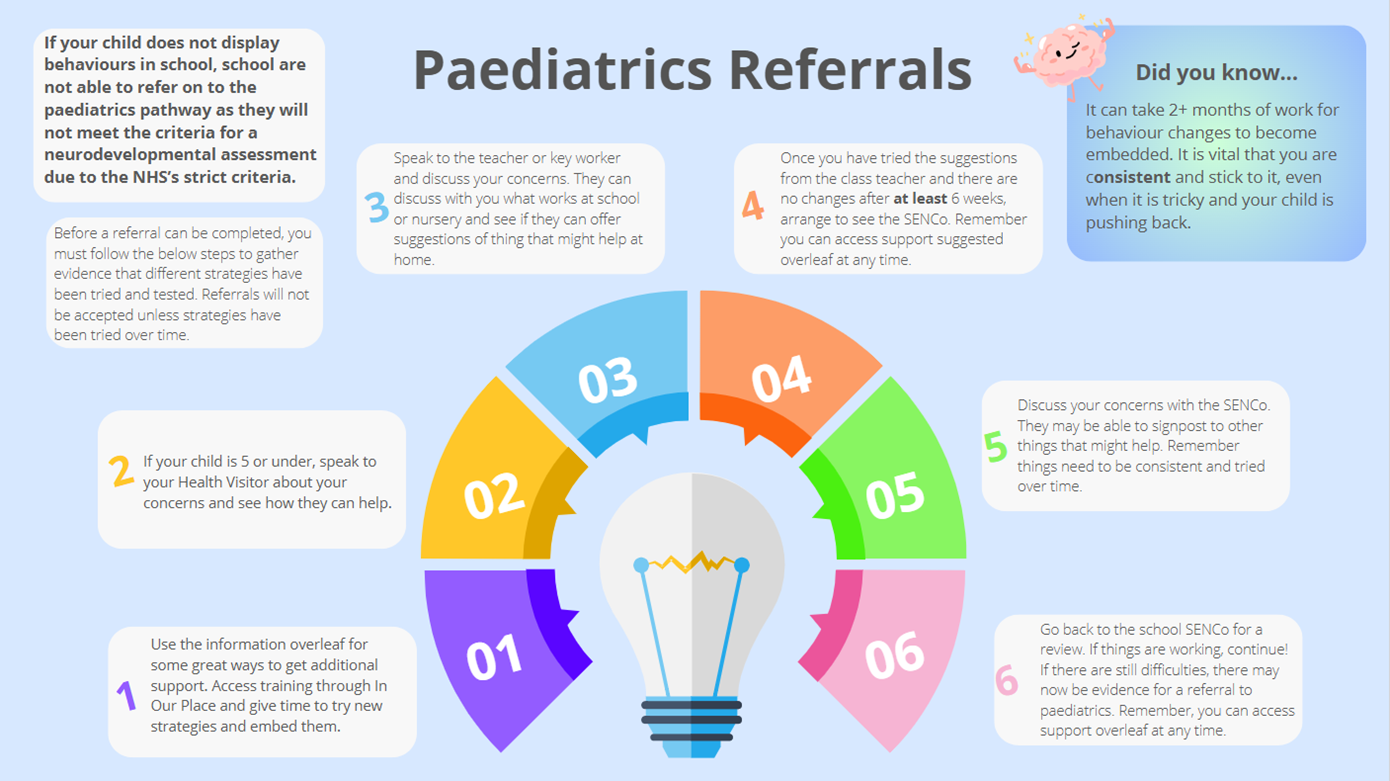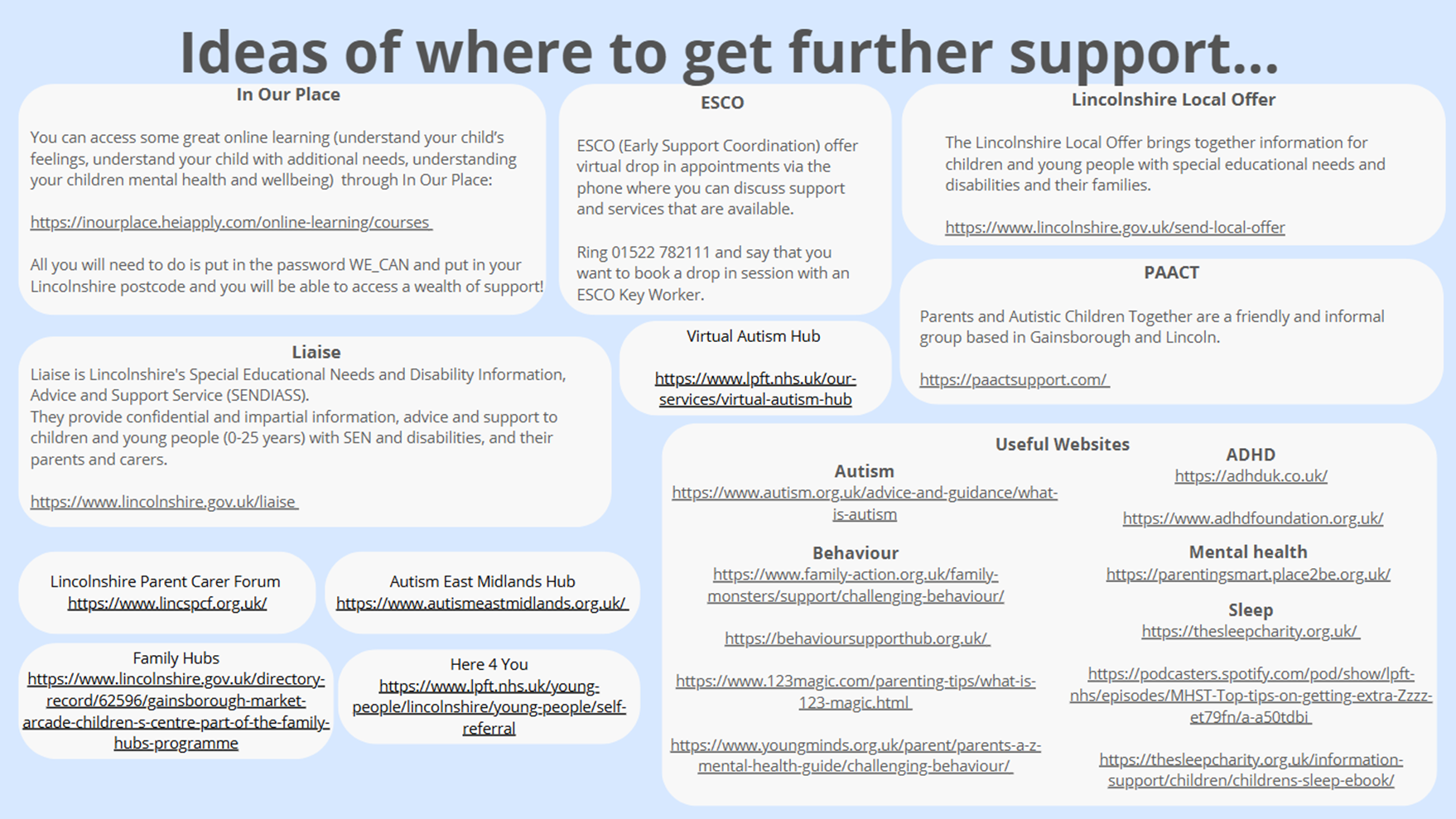Information and Support for Parents and Careers
At The Spires Federation, we are committed to ensuring that every child receives the support they need to thrive. Our approach to Special Educational Needs and Disabilities (SEND) is inclusive, proactive, and continually evolving to meet the needs of our pupils and their families.
We understand that navigating SEND support can be overwhelming, which is why we’ve created a dedicated Padlet resource for parents and carers. This Padlet is regularly updated with useful links, guidance, local services, and practical tools tailored to a wide range of SEND needs—from autism and ADHD to speech and language support.
Whether you're looking for advice or professional contacts, the Padlet is designed to be a one-stop hub for SEND support. We encourage all families to explore it and check back often as new resources are added.
🔗 Visit the SEND Padlet here: SEND at the Spires Federation
If you have any questions or need help navigating the Padlet, please don’t hesitate to reach out to your child’s class teacher/SENDCo or contact the Family Information Service listed on the Padlet.
Together, we can ensure every child feels supported, understood, and empowered.
New advice guidance from the community Paediatricians


Eye tests and Hearing tests
As children grow and learn, their ability to see and hear clearly plays a vital role in their development—both academically and socially. That’s why regular eye and hearing tests are so important, even if your child hasn’t shown any obvious signs of difficulty.
👁️ Eye Tests: More Than Just Vision
Children may not always realise they’re struggling to see clearly. Poor vision can affect:
•Reading and writing
•Concentration in class
•Confidence and behaviour
Routine eye tests can detect issues like short-sightedness, long-sightedness, or even more subtle conditions that might impact learning. These tests are quick, painless, and often available for free through the NHS.
👂 Hearing Tests: Catching the Quiet Clues
Hearing problems can be harder to spot, especially if they’re mild or intermittent. But even slight hearing loss can lead to:
Speech and language delays
Difficulty following instructions
Social withdrawal or frustration
Early detection through hearing tests can lead to simple interventions that make a big difference—whether it’s temporary treatment for glue ear or support for longer-term hearing needs.
🏫 What You Can Do
Book regular eye and hearing checks, especially before your child starts school or moves into a new year group.
Watch for signs like squinting, frequent ear infections, or difficulty understanding speech.
Talk to your GP or school nurse if you have any concerns.
Let’s work together to give every child the best start in life—by making sure they can see and hear the world around them clearly.


